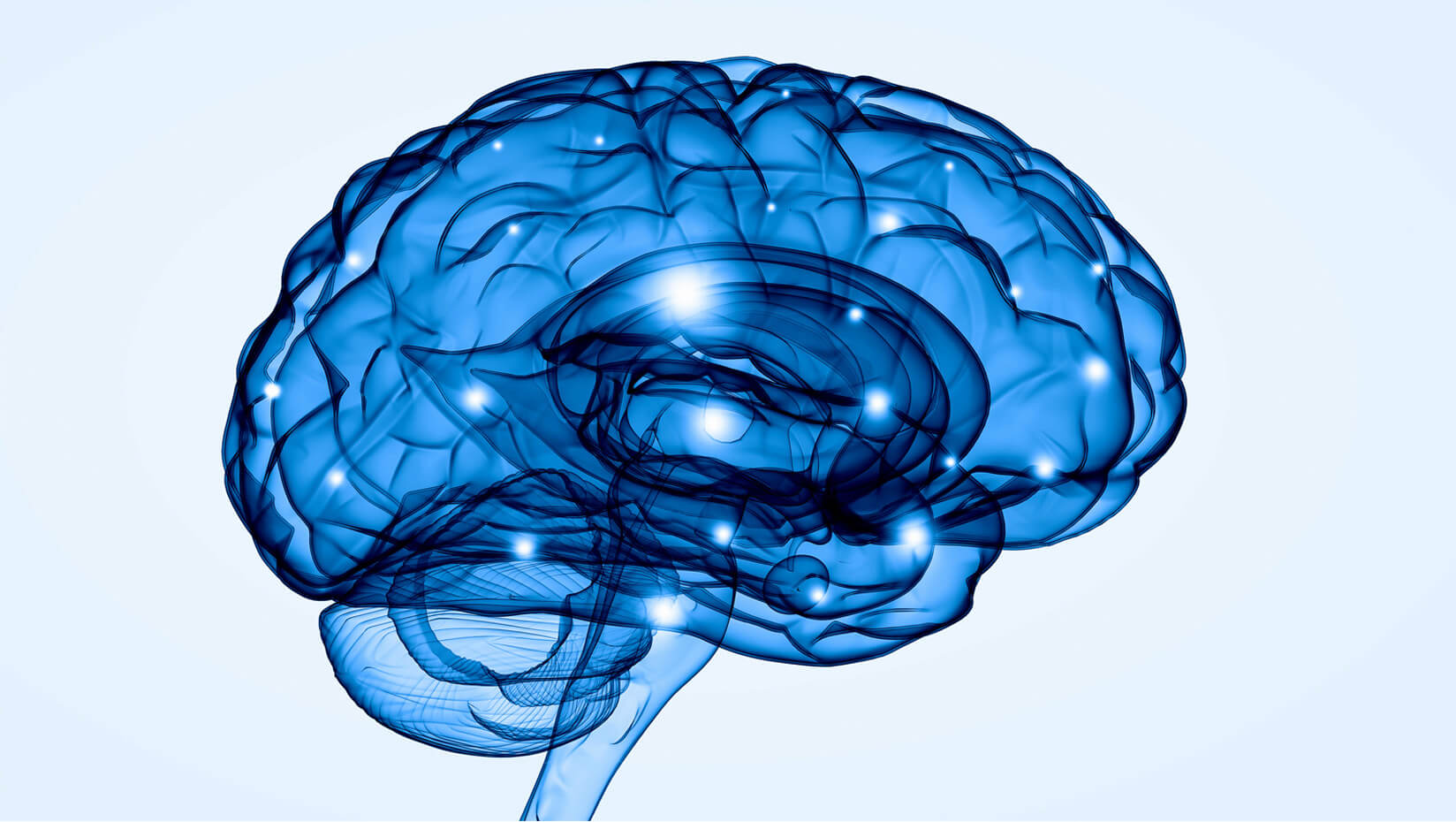
Neurobiology professor awarded NIH grant to study communication between brain, fat tissue
The National Institutes of Health has awarded Kristy Townsend, an assistant professor of neurobiology at the University of Maine, nearly $713,000 for a two-year study investigating brain-adipose communication and how peripheral nerves in fat tissue function.
Townsend is interested in how the brain talks to fat tissue because nerves are important for proper control of metabolic processes, as chemical and surgical denervation experiments in fat, or adipose tissue, have demonstrated.
“Peripheral nerves are understudied in general,” Townsend says. “The majority of neuroscience research focuses on the brain, but the brain communicates with our tissues and organs through peripheral nerves, and when that communication is blunted, such as with degeneration of the nerves, then our physiological homeostasis can be adversely impacted.”
Metabolic disorders that stem from excess and unhealthy body fat are occurring at pandemic levels, according to Townsend. Currently, Maine is the most obese state in New England, and obesity is linked to other metabolic conditions, such as Type 2 diabetes and cardiovascular disease. Unhealthy adipose tissue, such as tissue that lacks proper innervation, may exacerbate these conditions, Townsend says.
The brain can regulate metabolism and burn calories in adipose tissues through peripheral nerve communication, and Townsend’s team believes the function of adipose nerves can be regulated at the tissue level, in part through the local release of neurotrophic factors that help keep the nerves healthy.
Townsend’s team also hypothesizes, based on tests with humans and mice, that in a chronically inflamed adipose depot, such as with obesity or diabetes, that there is a state of adipose neuropathy, or a loss of nerve supply in the fat tissue.
The team found while nerves die in cases of obesity, diabetes and aging, they also can grow back with cold exposure or exercise. However, many questions about adipose nerves remain, Townsend says.
The main goal of the Research Project Grant (R01) is to determine the mechanisms by which fat tissue nerves experience plasticity and neuropathy, which Townsend and students in her lab have observed experimentally, and to better understand what nerve types are found in fat tissue and how the products released from those nerve cells affect metabolic function in fat tissue.
The team has identified a specific nerve growth factor secreted in fat tissue upon stimulation by cold exposure, a factor which is important for keeping nerves healthy and alive. When it is deleted from the immune cells that reside in fat tissue, the nerve supply is lost, and the fat tissue becomes enlarged, unhealthy and inflamed. They hope to learn more about that system to potentially develop new therapies for obesity.
Findings from the study, according to Townsend, could help establish a new area of research for adipose biology, focused on the cellular cross-talk mediating neural dynamics in fat tissue to regulate energy balance. The ability to repave any lost brain-adipose communication highways also could provide new therapeutic strategies, she says.
Other UMaine researchers involved in the project are Magdalena Blaszkiewicz, a doctoral candidate in the Graduate School of Biomedical Science and Engineering, and Cory Johnson, a master’s student in the School of Biology and Ecology. Collaborators are James Godwin, a research scientist at The Jackson Laboratory in Bar Harbor, Maine; Lei Cao at Ohio State University; and Maribel Rios at Tufts University.
Earlier this year, Townsend received a $750,000 Collaborative Sciences Award from the American Heart Association for a three-year study looking at the aging of fat tissue and its effects on cardiovascular and metabolic conditions. The awards are complementary, Townsend says, and together should uncover new knowledge about how nerves and fat tissue interact to affect metabolic health.
Contact: Margaret Nagle, 581.3745
